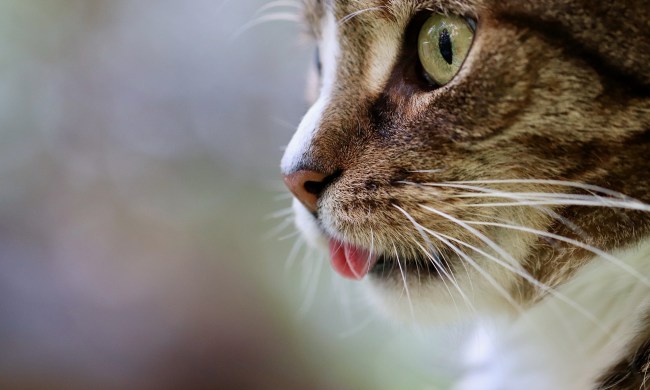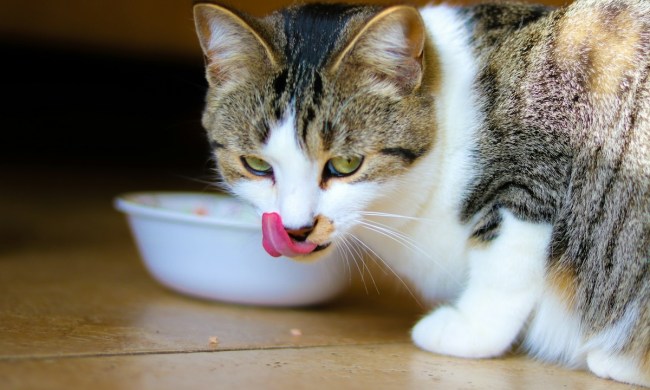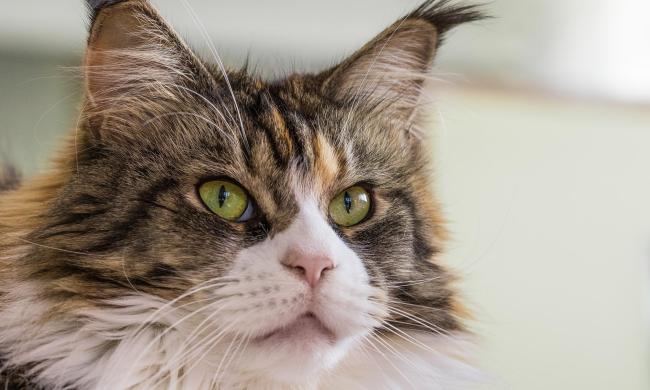Those of us with curly-haired cats adore their wavy locks. They’re fun to pet, and they look cute as can be, too. However, this strange gene only occurs in a few breeds, meaning they’re rare, and acquiring one can be difficult and expensive. Many cats with curly hair fall under the “rex” designation and can set you back upward of $1,000 or even more. If your heart is set on a pet with little ringlets, you’ll likely bring home one of these precious breeds.
What to know before getting a cat with curly hair?

You should never bring home an animal based on appearance, but we can’t deny that their kinked hair gives cats with curly fur a distinct look. One interesting thing to note is that many of these kitties shed less and don’t require substantial grooming — certainly a bonus for a pet owner.
You will have to invest in a special brush and ensure that you keep up with the maintenance that this particular hair type requires or else it will become matted. That will all pay off when you pet your kitty, though, as they’ll feel extra soft and silky.
In addition to the visual appeal, many curl -cats also have wonderful temperaments. “These breeds are known for being friendly and affectionate toward their owners,” stated Anna Landry, a veterinarian at Ark Animal Hospital. Any owner with one of these breeds will notice their love of humans and playful natures.
Devon rex

We’ll start with one you may have heard of — the Devon rex — which came about in 1960 and completely by accident. Kirlee, the matriarch of this line, had the distinct fur of a Cornish rex, but DNA testing revealed her to be something unique.
Today, your Devon rex is descended from her and maintains the curly coat. These kitties have short hair and varying coloration, including solid, tabby, shaded, tortoiseshell, and calico. Luckily, they don’t shed much and have even been compared to a poodle because of their fur’s texture. Lastly, Devon rex cats enjoy playing and will get along well with other felines.
Cornish rex

This beauty came along just a bit earlier than the Devon rex and was also from a random mutation. Its parentage stems from that original line with curly hair crossed with a Siamese cat. That explains some of the cat’s characteristics, including the big ears.
Cornish rex’s have a Peter Pan quality and often seem to be kittens that never grow up — you’ll instantly notice how adventurous they act. Sometimes, these guys are compared to a Greyhound because of their propensity to run about. For this breed, your coat options are mainly blue, black, brown, lilac, chocolate, red, smoke, and cream. Like the Devon rex, your allergies shouldn’t act up too much around this beastie.
Selkirk rex

You have a lot to choose from when it comes to the Selkirk rex. The cat can have short or long hair with every color imaginable. However, in all cases, you’ll feel the soft silkiness of their curly fur. The mousers in this breed come from Miss DePesto, a curly kitty from 1987 Montana. They have been crossed with a few different options over the years, but now every Selkirk rex has two parents of the same breed.
Unlike the first two rex cats we covered, these fur babies have a bit more chill to their personality. If you want a wavy-haired four-legger but don’t have the energy to keep up with a Devon or Cornish, consider the Selkirk a solid option. Don’t let that fool you, though: Your cat still needs plenty of physical and mental stimulation.
LaPerm

LaPerm cats stem from a completely separate random mutation on a cherry farm in 1982. And they’ve been bred to have a specific ringlet type of fur. While just as attractive as the others on this list, LaPerm cats do take a bit of extra TLC. You should pick up on how to groom them quickly, and it can become a pleasant activity for both of you. They also shed a bit more, and so they won’t work quite as well for someone looking to get a hypoallergenic feline.
Concluding thoughts

For all these kitties, remember that you should always do your research before selecting a breeder or bringing one home. You’re unlikely to find a curly in a shelter (although some rescues do specialize in rex cats), so you probably want to look at an ethical cat breeder to match you with the perfect companion. Before you even go to meet any of the cats, look at their process and consider opting for a cat that has had genetic screening.
If you get to meet the available kittens in person, check a cat’s eyes, overall weight, and activity level. You’re not just seeking out someone who did the right thing in breeding, but also the perfect fit for your family. If you follow these guidelines, you’ll get the ultimate luxuriously haired cat to come home with you.




